Guidance for CFAR Awardees
So you just got funded by the CFAR...
Guidance for CFAR Awardees (Anyone receiving funding from the CFAR to conduct a study):
-
A Certificate of Confidentiality is issued automatically to awards funded wholly or in part by the NIH that collect or use identifiable, sensitive information. This includes CFAR Scholar awards and supplements. This eliminates the need for NIH-funded investigators to apply for a certificate of confidentiality.
-
Studies that require NIH CLINICAL review:
- Studies involving licensed drugs, treatments, or devices (allowed on a case-by-case basis)
- Studies that are deemed above minimal risk by the Institutional IRB
- Studies involving vulnerable populations:
- Pregnant women, neonates, fetuses
- Prisoners
- Children (< 18 years of age)
- Refugees
- Sex workers
- Studies involving behavioral interventions (above minimal risk)
For studies falling in the above research areas, please send completed CFAR Clinical Checklist.
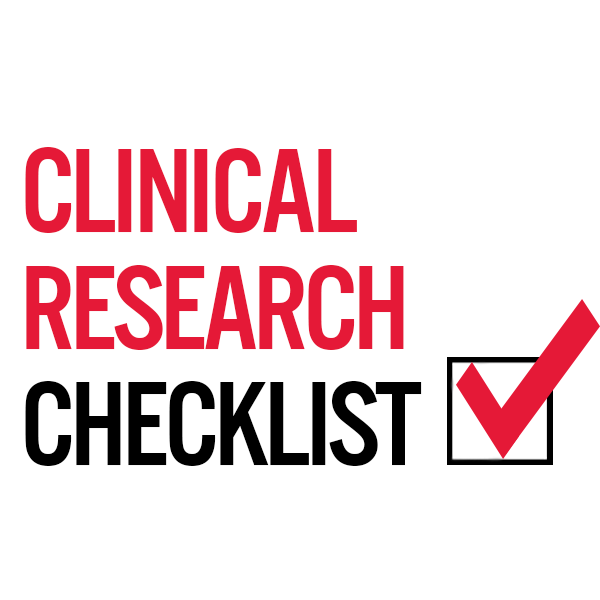
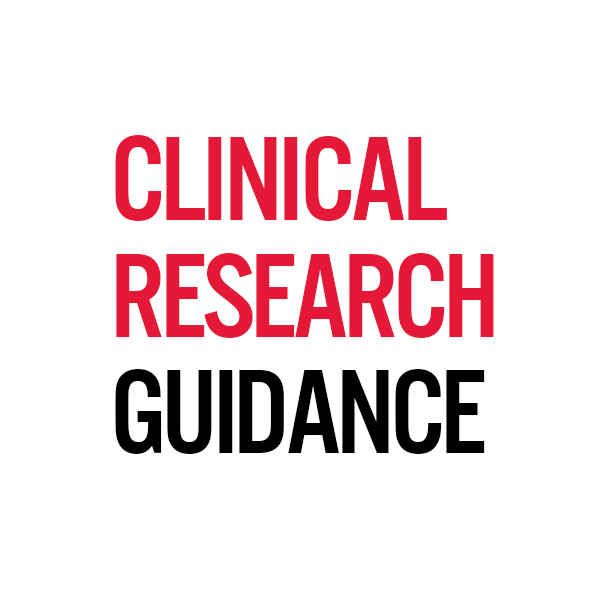
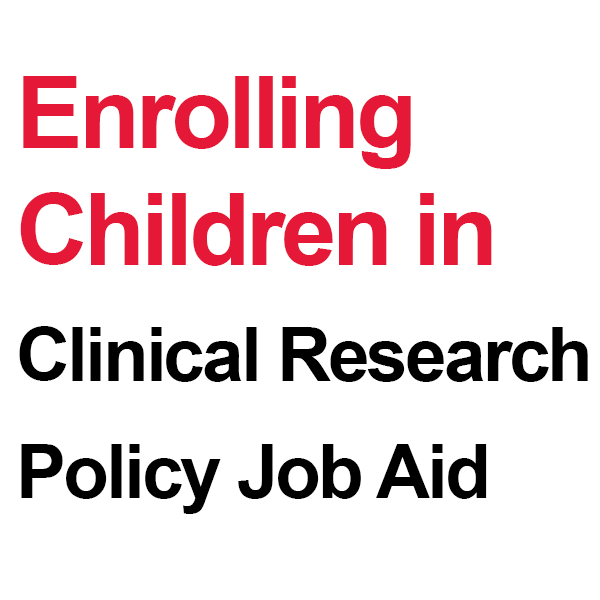
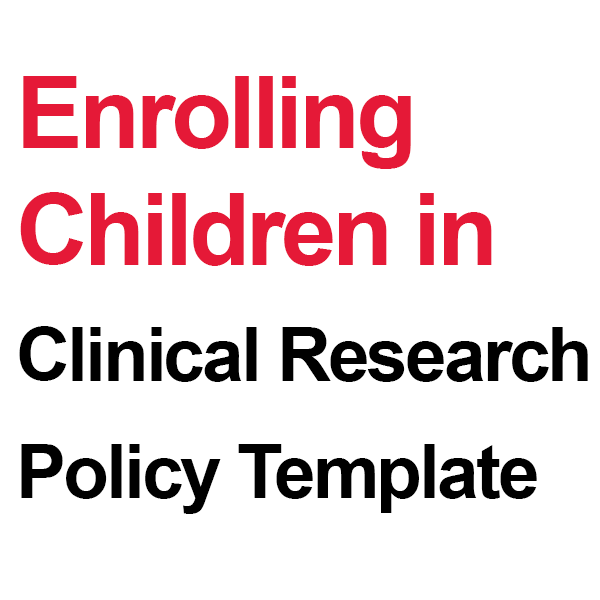
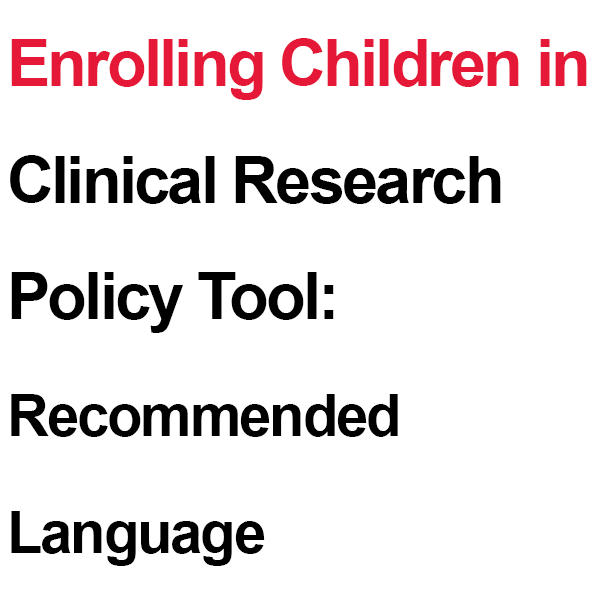
Guidance for Completing the Checklist
- Human Subjects Research Training Certificates must be provided for all study personnel and those using unblinded data (Question 6)
- The DSMP/DSMB isn’t required unless requested by the clinical studies review committee, so you may leave this blank (Question 11)
- Describing the Parent Study vs. CFAR Developmental Study: Do not describe the parent study in documents sent for NIH review unless: a) Specimens/data from parent study will be used for pilot study b) Study participants are drawn from the parent study, THEN: Make clear the differences between the parent study and the pilot study. Describe the participants, but not the parent study in depth. A table summarizing the differences is very helpful.
- Standard/Routine Care: Standard care procedures should only be described IF specimens and/or data obtained will be used for the pilot study. Clearly state if any tests described in the pilot study are standard/routine. You do not need a long description of the standard of care
- Protocols and informed consents/assents should be reviewed for quality and content prior to NIH review. Submitting the checklists and relevant documents at the time of IRB submission seems to work well. The NIH traditionally will come back with questions and changes that they would like made, so these can then be incorporated at the same time as making the IRB changes. NIH approval process is usually complete in 4-6 weeks, but depends on the quality of the submission materials. Studies in India and Brazil will take longer due to in-country reviews that are required.
- You must submit a proper clinical protocol, IRB applications are not acceptable.
- Please list all sources of data
-
For studies with any Foreign Component:
An International Studies Checklist must be completed.
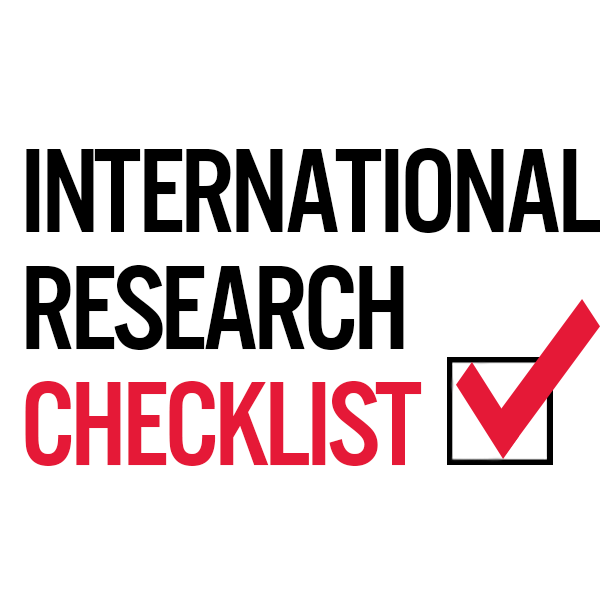
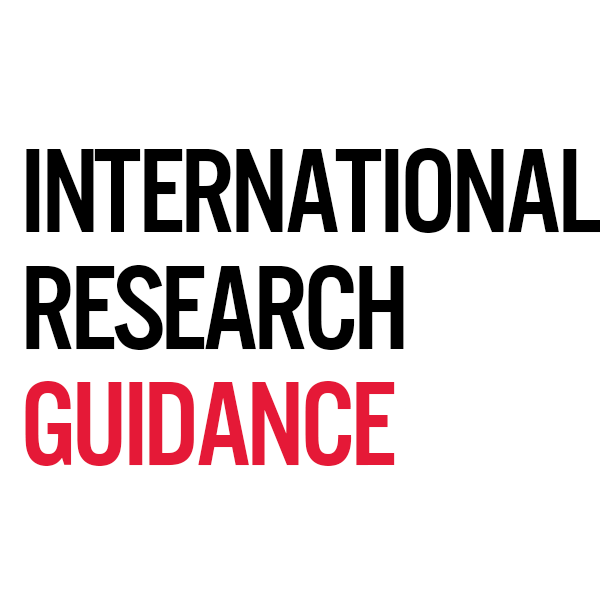
- If more than one clinic/site is participating in the study:
- A name and contact information for each must be provided (Question 10)
- The Estimated Foreign dollar award must be listed for each (Question 10a)
- The FWA must cover each specifically (by name) (Question 11a)
- Human Subjects Research Training Certificates must be provided for all study personnel and those using unblinded data (Question 11b)
- If the study is considered exempt by the IRB, an exemption letter is also required from the foreign IRB
- All materials should be submitted to the CFAR Project Administrator, who will then forward to the NIH. You MAY NOT begin your study without required NIH approvals. You will be notified by the CFAR Project Administrator when you may begin.
-
You are required to maintain annual IRB approval. This/these letter(s) will need to be submitted to the CFAR Project Administrator.
-
If IRB approval is not required for you study, please apply for a letter of exemption from the IRB and submit this letter to the CFAR Project Administrator.
-
If your study involves animals, you must submit IACUC approval to the CFAR Project Administrator prior to starting your study.
-
You are required to complete a yearly progress report. You will receive a survey to complete by e-mail each January. View the progress report template here.
-
You must acknowledge the CFAR in all publications, presentation, etc. related to this award. More information is available here.